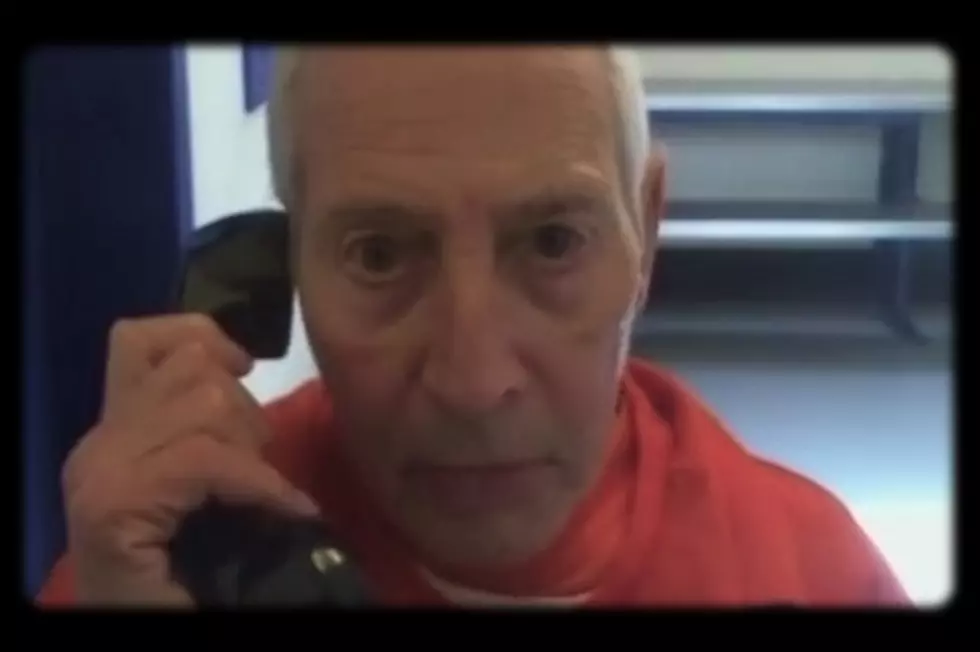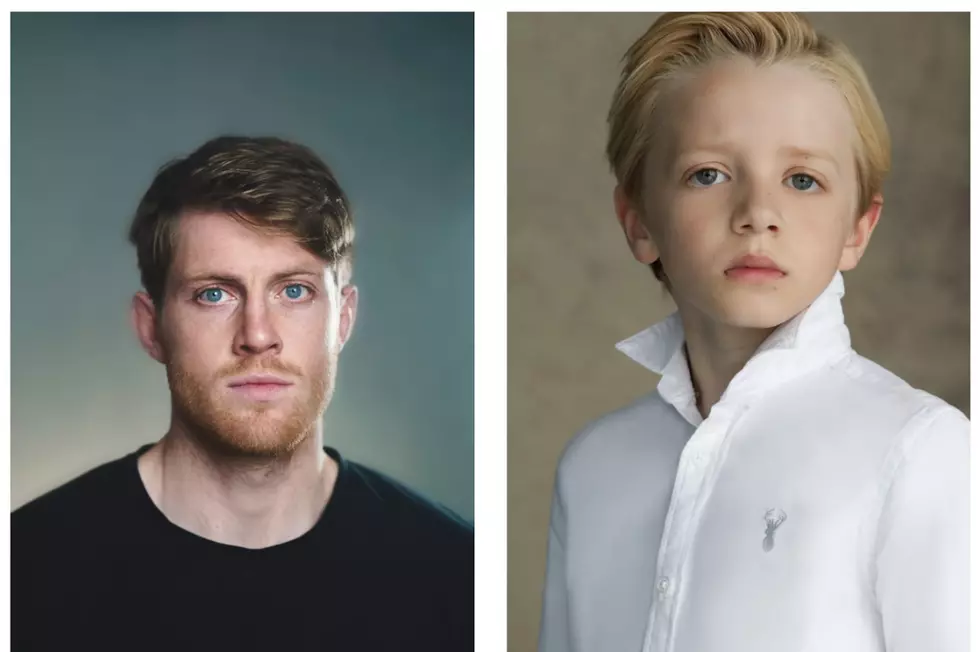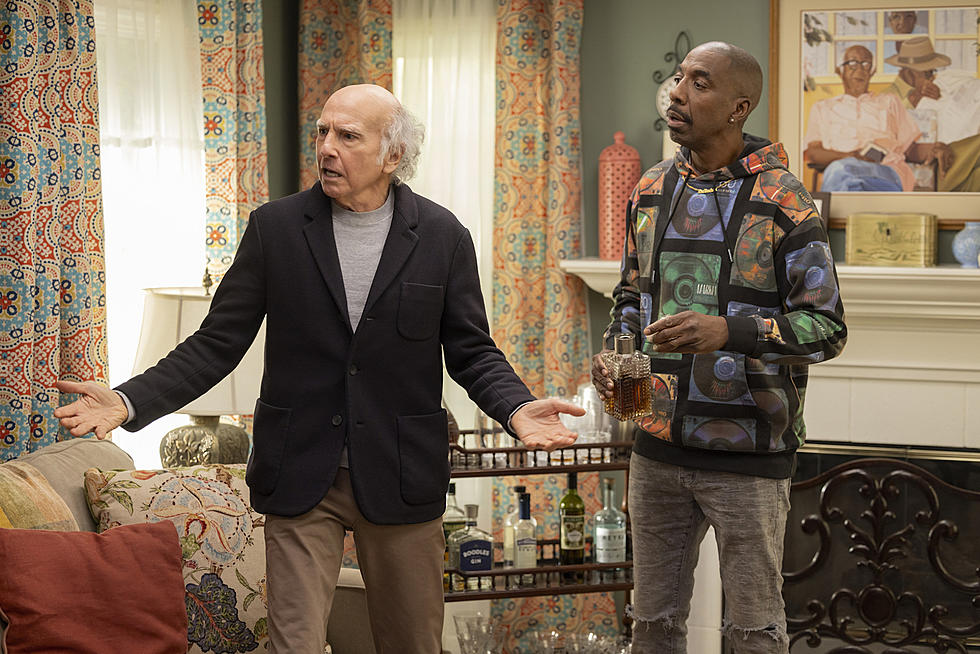
‘True Detective’ Review: “The Long Bright Dark”
'True Detective' premieres on HBO tonight, starring Matthew McConaughey and Woody Harrelson as two detectives who are teamed up to solve the case of a ritualistic serial killer in Louisiana. Cary Fukunaga ('Jane Eyre') directed all eight episodes of the first season, which vacillates between 1985 and present-day, as an eerily similar killing has taken place and the retired detectives are called upon for their help once again. This moody, cinematic procedural shows a hell of a lot of restraint for a network that's often known for pushing boundaries.
For viewers such as myself who were expecting something a bit darker and more confrontational, 'True Detective' will defy those expectations -- don't get me wrong: it's a pleasant surprise. The show is beautifully subdued and restrained, offering a more contemplative tone. It forgoes the typical harried nature of a procedural in favor of character, striking the perfect balance between a grim case and the effect this line of work can have on two very different men.
Rust Cohle (McConaughey) is a transplant detective whose previous narcotics work involved simple open and shut cases, but he's got a peculiar understanding of murder. It's the kind of meticulous understanding that burdens the soul, especially one as lonely as his, as he misses his daughter's birthday on the day he and his new partner, Martin Hart (Harrelson) discover the body of a prostitute, who's been tortured and trussed-up in ritualistic fashion in the woods. The morbidly elegant tableau calls to mind similar work on NBC's 'Hannibal,' especially with the antler accessory, but 'True Detective' isn't concerned with setting up a case of the week narrative, constantly one-upping itself. But like 'Hannibal,' 'True Detective' is also incredibly cinematic -- it's not so much a narrative as it is a mood. And the mood is dour.
"The Long Bright Dark" sets up a dichotomy between Hart and Cohle: the former a man of family and faith, a very normal kind of guy who is good at his job and very personable. He's a big picture guy who doesn't get caught up in the details, and his success can perhaps be more attributed to his personality and the way he's able to maintain a safe emotional distance from the gruesome work at hand. Where Hart is the light, Cohle is the darkness, a man of little faith who uses a cross as a meditation device to contemplate what it must be like to give yourself up as a sacrifice for the sins of all man. That's some heavy philosophical stuff, and we're only in the first episode. Hart is more of a surface man, but Cohle is an obsessive, carefully cataloging every detail -- no matter how minor -- in case it should help him crack some investigation down the line. But Cohle is also a man haunted by a vague past, struggling with a drinking problem and perhaps becoming a little too intimate with the way killers think. He's a man surrounding himself in darkness, and while it's making him a better detective, we have to wonder: at what cost? When he shows up to Hart's house drunk for dinner or asks a hooker for some Quaaludes to help his insomnia, we already know.
We shift between 1985, when Cohle and Hart find the body of Dora Lange, the murdered prostitute, and present-day, when two new detectives are working an eerily similar case -- although the retired Hart and Cohle supposedly caught their killer. Cohle is now a shaggy-haired, full-blown alcoholic, while Hart runs his own private investigation firm and has fully adjusted to retired living, keeping himself busy. Hart speculates about what went wrong in Cohle's life: being a man at a certain age with no family is no good for the soul, he suggests; not keeping yourself busy is a surefire way to fall apart, he says. And back in '85, an old missing child case seems like it may be connected somehow to the death of Dora Lange, but we're just getting Cohle and Hart to really open up -- not just about their case, but about their relationship, how this case transformed them as detectives, as partners, and as men.
More From ScreenCrush









